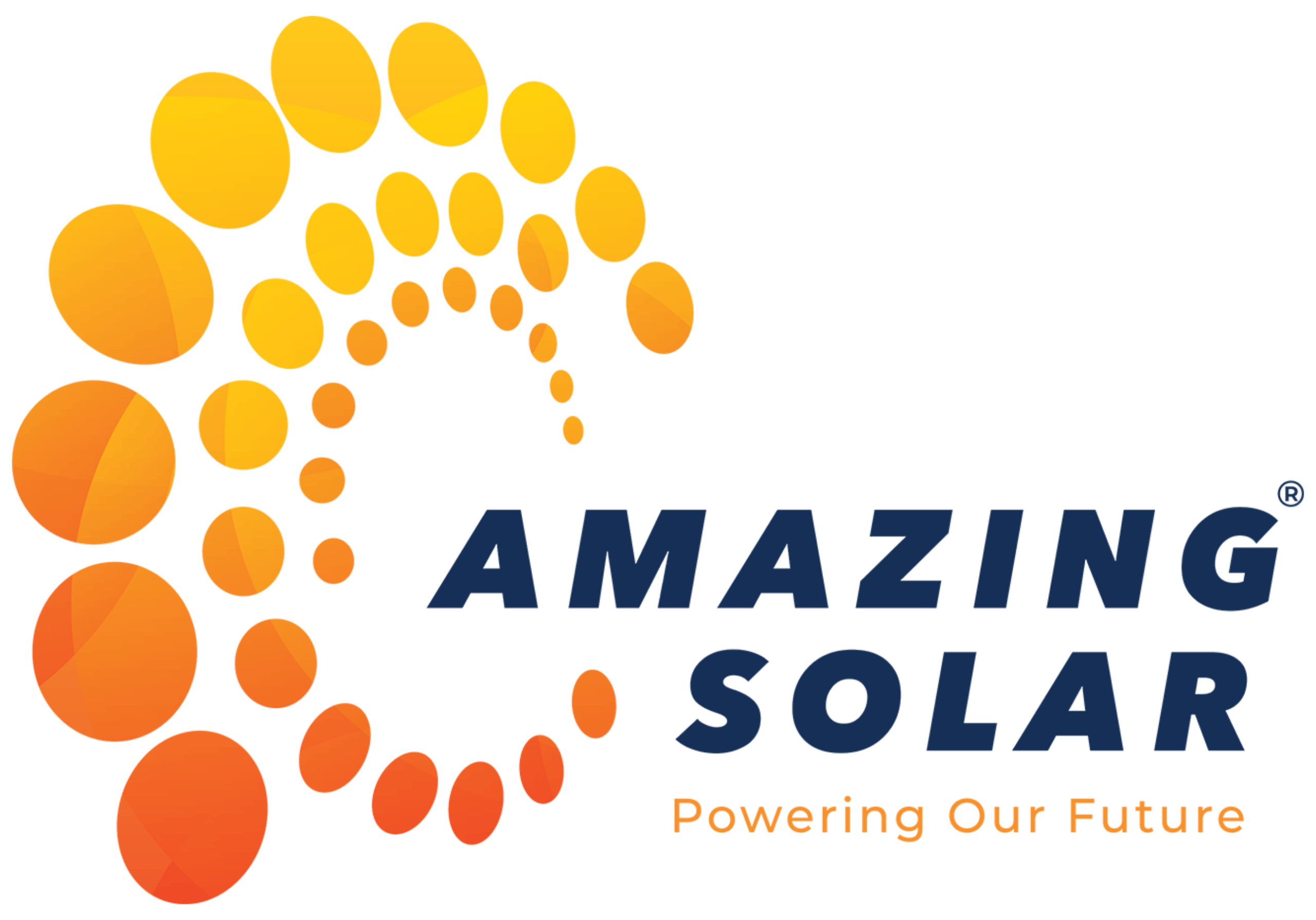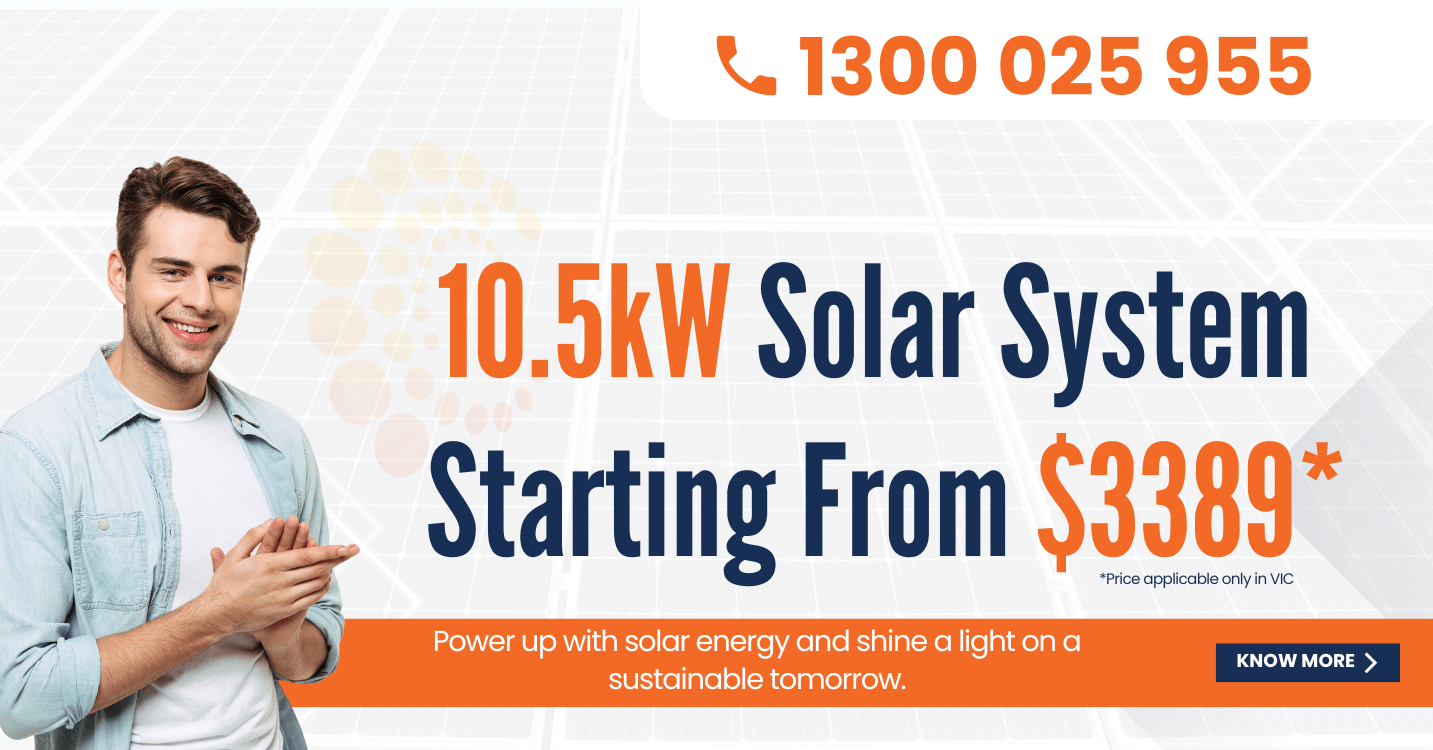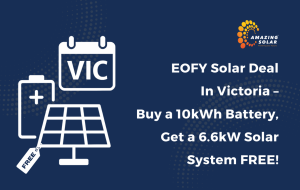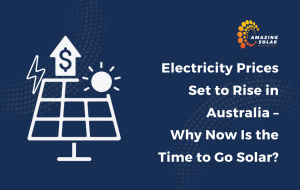Now the world knows about the benefits of solar panel installation in their homes. Since its evolution, there have been many experiments with the types of solar panels. Now, there are majorly three types of solar panels, or categories of the solar panels to know about –
1) Monocrystalline solar panels.
2) Polycrystalline solar panels.
3) Thin-film (amorphous) solar panels.
Here you will get to know about all three solar panels of them in a serial order –
Monocrystalline solar panels
The most recent solar panel in use are monocrystalline solar panels. An interesting note to make about these panels is, that they are the oldest forms of solar panels, and still the most developed ones. They are made from monocrystalline solar cells. All these three types of solar cells are made from silicon.
Due to the way sunlight interacts with the silicon cells, they appear black. The shape of the silicon cells is square, with no gaps between the corners of the cells. These most expensive types of solar energy systems pose the nicest efficiency of around 20% to 22%.
Polycrystalline solar panels
This one is a newer developed solar energy system, with quick increments in popularity rise. Polycrystalline solar panels are made from silicon, similarly to monocrystalline solar PVs., The difference is, they are made from the fragments of the silicon crystal melted together. The polycrystalline panels are blue in color. The reason is the same because of the way sunlight interacts with the panel. The shape of the silicon cells is square, with no gaps between the corners of the cells. In terms of efficiency, they are likely to be lower than the above type and stand somewhere between 15% to 17%.
Thin-film solar panels
Not usually made from silicon, the thin-film solar panels are the newest category falling for the solar panels. They can be made using a variety of different materials. The name, thin frame indicates that these Solar panels for home pose a thin outlook. They are very thin as compared to the monocrystalline & polycrystalline solar panels, almost 350 times thinner. These king of frames can be back or blue, depending upon the type of material they are made from. Being thinner and cheapest, on one hand, they are also bringing kind of lesser efficiency as well. It is equivalent to ~11% for the thin-film solar panels.
Costing of solar panel
The cost of solar panels is a factor of much concern. Currently, the thin-film solar panels are the cheapest, and they will save your installation cost. Whereas the monocrystalline ones are the most expensive. If we shift to the polycrystalline solar type, they were actually developed to reduce the high price of the solar panels. So if your budget is not so high for the solar panel installation, then shift to the poly. You must not just decide and finalize the panels on the costing, to be honest. There are factors like temperature coefficient, fire resistance, hail resistance, environmental compatibility, installation method, country of origin (to determine the brand’s value), and purpose of installation of the solar panel in your home or the property which you want.
Contact us or call us on 1300 025 955 to talk to our solar expert.
















